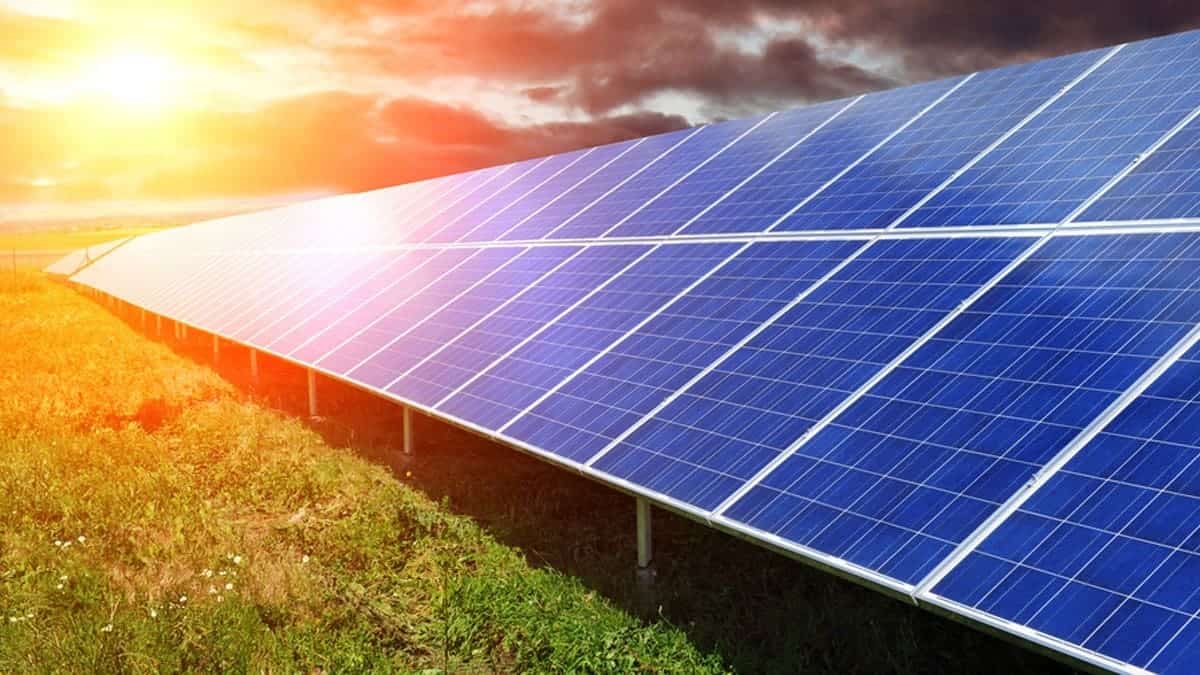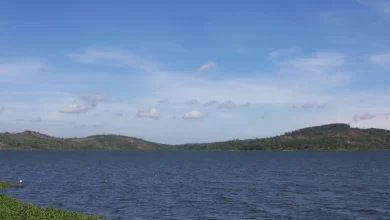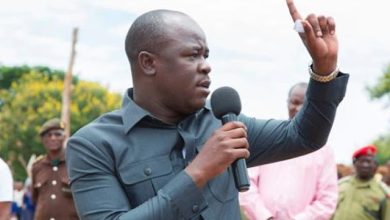TZ optimistic about renewable energy future at Africa Energy Summit

DAR ES SALAAM: AHEAD of the Africa Energy Summit, academics and energy stakeholders are optimistic that Tanzania will further diversify its energy mix by harnessing available abundant renewable energy including solar and wind.
“I expect the international energy summit to provide an opportunity for Tanzania to scale up investments in renewable energy especially solar, wind and geothermal in order to increase power generation and attain electricity reliability,” former Minister for Energy and Minerals, Professor Sospeter Muhongo told the Daily News in an exclusive interview over the weekend.
Adding “We need to diversify our energy mix by leveraging all energy sources available,”.
The Africa Energy Summit which is scheduled to run from January 27 to 28 this year at the Julius Nyerere International Convention Centre (JNICC) in Dar es Salaam is co-organised by the World Bank and the African Development Bank Group (AfDB), seeking to accelerate electricity connectivity in the continent by ensuring that 300 million Africans are with power from the total 685 million people who still lack access so far.
He said the summit comes at the right time when Tanzania finalises drafting the National Development Vision 2050 which projects that the country’s population to reach 100 million by 2050 requiring an increase in electricity generation from multiple sources to meet the increasing demand.
“Currently Tanzania population is over 60 million with great expectation on the rise to over 100 by 2050 meaning that more efforts are needed to scale up production to meet the demand including that from industries” he said.
Prof Muhongo is currently serving as the Musoma Rural Member of Parliament (MP).
“As the country, we must tap other sources of energy including solar, wind and geothermal to match with the global shift from non-renewable energy to renewable energy,” he said.
He said effective use of electricity for development entails using large amount of power for economic production in industries, agriculture and transport (e-transport) apart from ensuring all households across the country have power.
ALSO READ: Energy summit to foster investment growth
He said it is ok that currently the country taps its electricity from hydro and gas sources which however for the long run are not sustainable pressing the need for complementing them with renewable energy like solar, wind and geothermal.
Prof Muhongo hinted that for the future, Tanzania can also exploit tide energy from the Indian Ocean. Revisiting his history as the former Minister for Energy and Minerals, Prof Muhongo noted that during his leadership at the ministry, Tanzania by representing other African countries participated fully in preparation of the United Nations Sustainable Development Goals which includes the Goal 7 of ensuring affordable and clean energy.
“I am happy to reflect that I was the one as the Minister for Energy and Minerals who led other fellow Africans in drafting the SDGs encompassing the goal of clean energy,” Prof Muhongo said.
In Africa, he said Tanzania is among the best performing countries in terms of strengthening electricity access to their respective citizens.
However, he warned that Tanzania should not compare itself with least performing countries in energy development but with the developed one such as Mauritius and Seychelles which have realised almost 100 per cent electricity access to all households.
Globally, he said India and China which each of them has over a 1 billion population is doing well in renewable energy including solar.
He commended the Rural Energy Agency (REA) for ensuring that about all villages as of today have already connected with electricity saying such is very impressive progress towards ensuring all households in Tanzania has power in line with the continent’s Mission 300 and SDGs.
Prof Muhongo urged REA to expedite supply of electricity to hamlets and streets in efforts of ensuring rural residents access power as the pace to serve them has been low. He said he was optimistic with the Mission 300 to elevate electricity access in Africa to reach at least 80 per cent in all countries by 2030.
The high level event among others it is scheduled to observe the signing of the National Energy Compacts involving 14 countries namely Mali, the Democratic Republic of Congo (DRC), Ivory Coast, Burkina Faso, Chad, Liberia, Nigeria, Niger, Madagascar, Malawi, Mauritius, Mozambique, Zambia and Tanzania.
The compacts cover five years of the first phase of implementation of the “Mission 300”, from 2025 to 2030 acting as the guiding frameworks for the aforementioned countries to contribute significantly towards attaining universal electricity access in Africa.
In another development, he said summit will elevate Tanzania’s international reputation, attract tourists and investments as well as boost revenues during the summit by by offering accommodation and transport services to guests.
Professor of Economics and Founding Director of the Centre for Chinese Studies at the University of Dar es Salaam (UDSM), Humphrey Moshi said African countries’ shift to renewable energy will enable them withstand climate change effects especially drought which can hampers generation of hydropower due to decrease of water volume at electricity production dams.
Therefore, Prof Moshi said the summit aligns with global quest of heightening climate actions with renewable energy as a necessary intervention to enhance adaptability and guarantee electricity reliability in Africa.
Geographically, he said African countries including Tanzania have a meteorological advantage of possessing a tropical climate which offers about 12 hours of sunshine needed for solar energy generation.
He insisted that it is up to African leaders to demonstrate their commitments to utilise the abundant sunshine through intensive investment on solar power to address the electricity challenge.
Highlighting the benefits of connecting all households in Africa with electricity, he said the move will boost industries and agriculture development, foster inclusivity and growth of African countries’ economies contributing significantly into eradication poverty.
Prof Moshi urged African countries to borrow replicate and partner with other countries like China and India which are more advanced technologically in renewable energy.
The summit is expected to converge over 1500 participants including heads of state, minister for finance and energy from 54 African countries as well as heads of international institutions including presidents of the World Bank and AfDB.
Speaking during the 10th African Rift Geothermal Conference at JNICC in Dar es Salaam in October 2024, Vice-President Dr Philip Mpango said Tanzania is ready for investment in the geothermal sector.
He invited investors to collaborate with the government to exploit the abundant eco-friendly source available in various regions in the country.
Dr Mpango said Tanzania is committed at increasing power generation capacity to 5000 Megawatts (MW) by 2030 upon full exploitation of renewable source of energy including solar, wind and geothermal.





